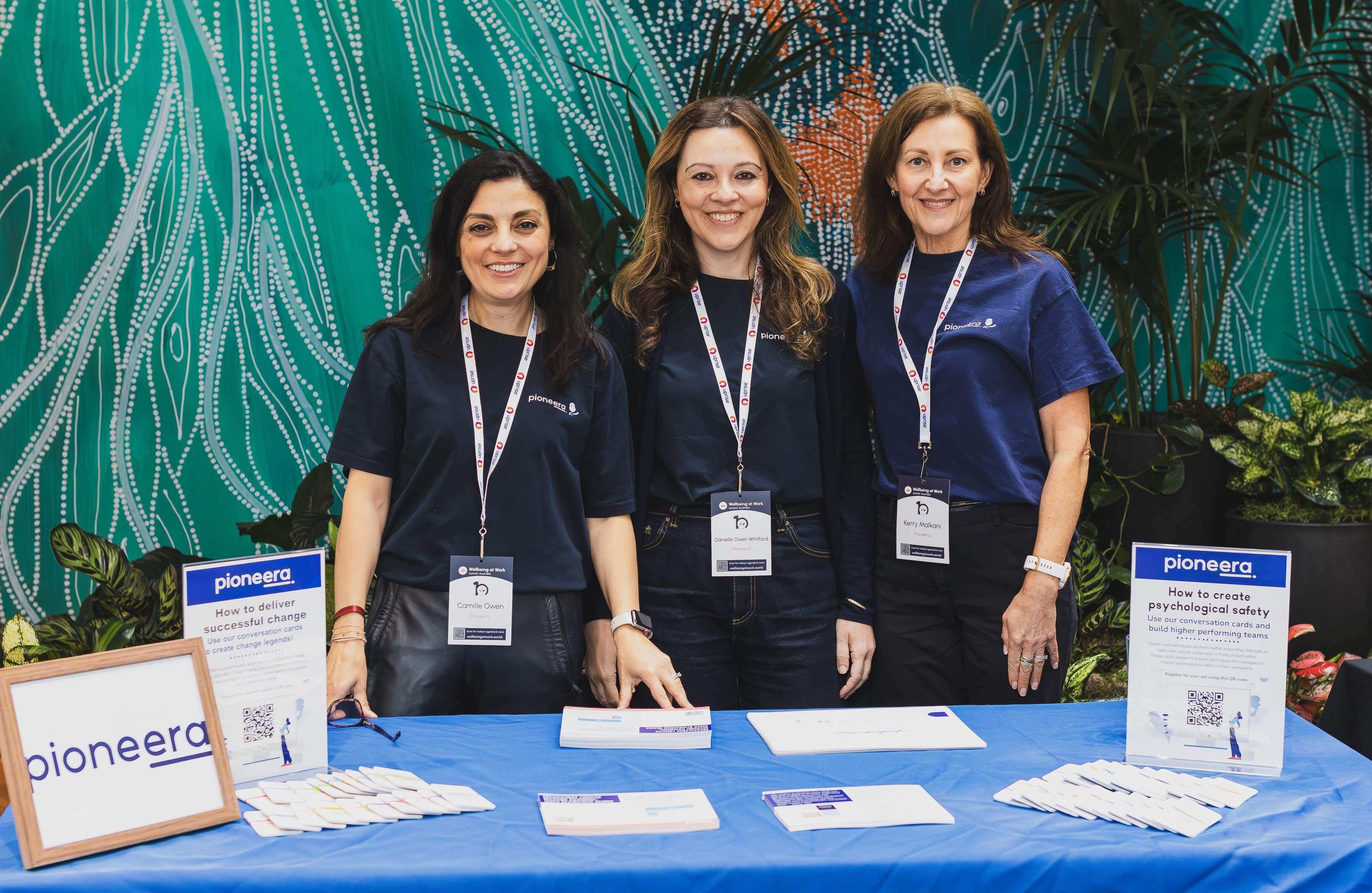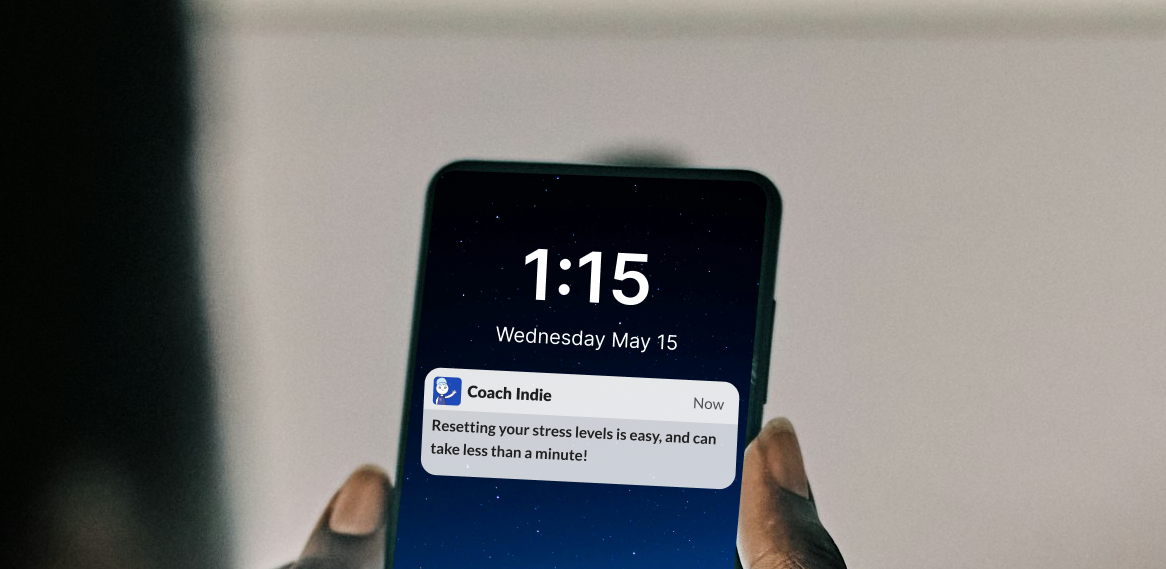Take 5 with Pioneera is a series of micro interviews with key business leaders on wellness, leadership, productivity and workplace culture.
This week we’re taking 5 with Alan Jones, Startup Founder Coach and Tech Startup Angel Investor based in Sydney.
Alan was an early investor in Australian tech startup venture funds Pollenizer, Startmate and Blackbird Ventures, and recently paused raising a pre-seed and seed-stage fund, M8 Ventures, with Emily Rich. He’s been an active angel investor here and in the US, and mentors startup founders in startup programs for BlueChilli, Catalysr, Collider, CyRise, Monash University, muru-D, Remarkable, Startmate, Sydney School of Entrepreneurship and UTS.
He’s also the chair of Catalysr, an entrepreneurship program focused on marginalised migrants and refugees, and an Ambassador for the Sydney chapter of the Awesome Foundation. He is currently the third highest-ranked Australian athlete in international hide and seek competition. Disagree with him on Twitter at @bigyahu
Welcome, Alan!
1. What does your workday routine look like?
Since I started sleeping with a ResMed CPAP machine to address my sleep apnea, I’ve had such a dramatic improvement in my sleep quality that I’m now an annoyingly early riser, getting up between 5:30-6:00 am to exercise and do a little nurturing in the garden. I avoid the 80-90 min commute to the city as often as possible. I work a few days each week in a local coworking space in Mona Vale and the rest of the week from home.
Over breakfast, I’ll check the news and socials, and get to my desk about 9-9:30 am, so nothing very unconventional in that regard. I spend about 60-70% of my time on video calls with founders and accelerator cohorts. At the time of writing, I have 97 incomplete tasks in my task manager and 1,274 unread emails. I practice setting and completing a daily and a few weekly “No-Fail Goals”, but I’m human and don’t always succeed in completing them.
2. How do you stay focused and maintain a positive mindset when things get crazy busy?
I don’t, really! I mean, I try, and I’m often successful, but not always. I’m vulnerable to stress like anybody else. My stress is expressed through withdrawing into myself and communicating less with colleagues and family. And I have a family history of bipolar disorder, and while I never really experience clinical depression, I will sometimes spend a few days in a manic state, working until the early hours of the morning for a few nights in a row before catching up on sleep and exercise on the weekend. It’s not healthy and I don’t do it as often as I used to before I recognised it was a problem.
3. What are your three must-haves for a healthy work-life integration? And why?
1. No devices in the bedroom except my Apple Watch (because it’s my alarm and I need to charge it overnight). As we know, using devices before bedtime makes it harder to go to sleep and reduces the quality of sleep. And I know it’s true because I break this rule when I’m staying in a hotel or AirBnB and can’t put my devices in another room. If you’re lucky enough to share a room or a home with someone, make them your device accountability buddy and do the same for them.
2. Make time for exercise before the day begins and be accountable to someone to make sure I show up. I know my trainer will already be up, showered, changed and waiting in the pre-dawn light for me, and that I’m letting them down if I decide to turn off the alarm and go back to sleep. On the mornings I go for a run, I make sure I have a buddy on Strava who will be looking out to see that I’ve done my run, and I also have four friends who all get a push notification on their Apple Watch once I complete any kind of exercise or hit a move, step or stand goal.
Once I’ve done my exercise, I can feel virtuous for the whole rest of the day, which really lifts my mood, helps me maintain good posture at my desk, and take regular walk-and-get-a-glass-of-water breaks.
3. Try to make some of my vacation travel an ‘offline’ destination. Previous examples have included the Outback, wilderness national parks, and nearly anywhere in rural Australia if you’re not on the Telstra network ;-)
4. What’s your top tip for creating a thriving workplace culture?
I think it’s more important to show respect for the individual’s preferred working environment than it is to try and make everyone be together as a group all the time. Something as small as trying to get everyone together for drinks after work on a Friday night can begin to marginalise some as much as it makes others feel validated.
I’m not a fan of foosball or table tennis tables — if you want to take time out and stretch, do it outside the office where it’s not disturbing those teammates who need to work in a quiet environment, and if you need to play music when you work, do it through headphones.
I think we’re making tremendous progress in startup business culture on this front, though, especially through lockdown. I wonder what will change once it’s actually possible to work together in the same office again?
5. How do you bounce back when things don’t go as planned?
My friends and family are usually the first to step in and lift me back up again. I have my son, my two younger brothers and my two parents. My son still lives with me but my family are otherwise geographically distant and emotionally close. I also rely on two very close male friends, my mates, one of whom I’ve been mates with since 1986.
Some of our setbacks have been group setbacks, so we’re used to supporting each other and working through stuff together. Since I tend to withdraw they’ll usually call me when they notice I’ve gone a bit quiet. I have a portfolio approach to work and recreation so there’s usually something that is going well that I can focus on, to stop me losing perspective about what hasn’t gone to plan.
What works for me internally is to recall all the successes and failures I’ve had in the past, and how much progress I’ve made despite the setbacks over the years. I work on bringing forward the point at which I’m prepared to open up and be honest about what’s going wrong, because the sooner I start to do that, the sooner I get support and help, and the sooner I recover from my mistakes.
This conversation was brought to you by Pioneera.
Understand and measure stress in real-time to help keep your team healthy and high performing - with Indie by Pioneera.






